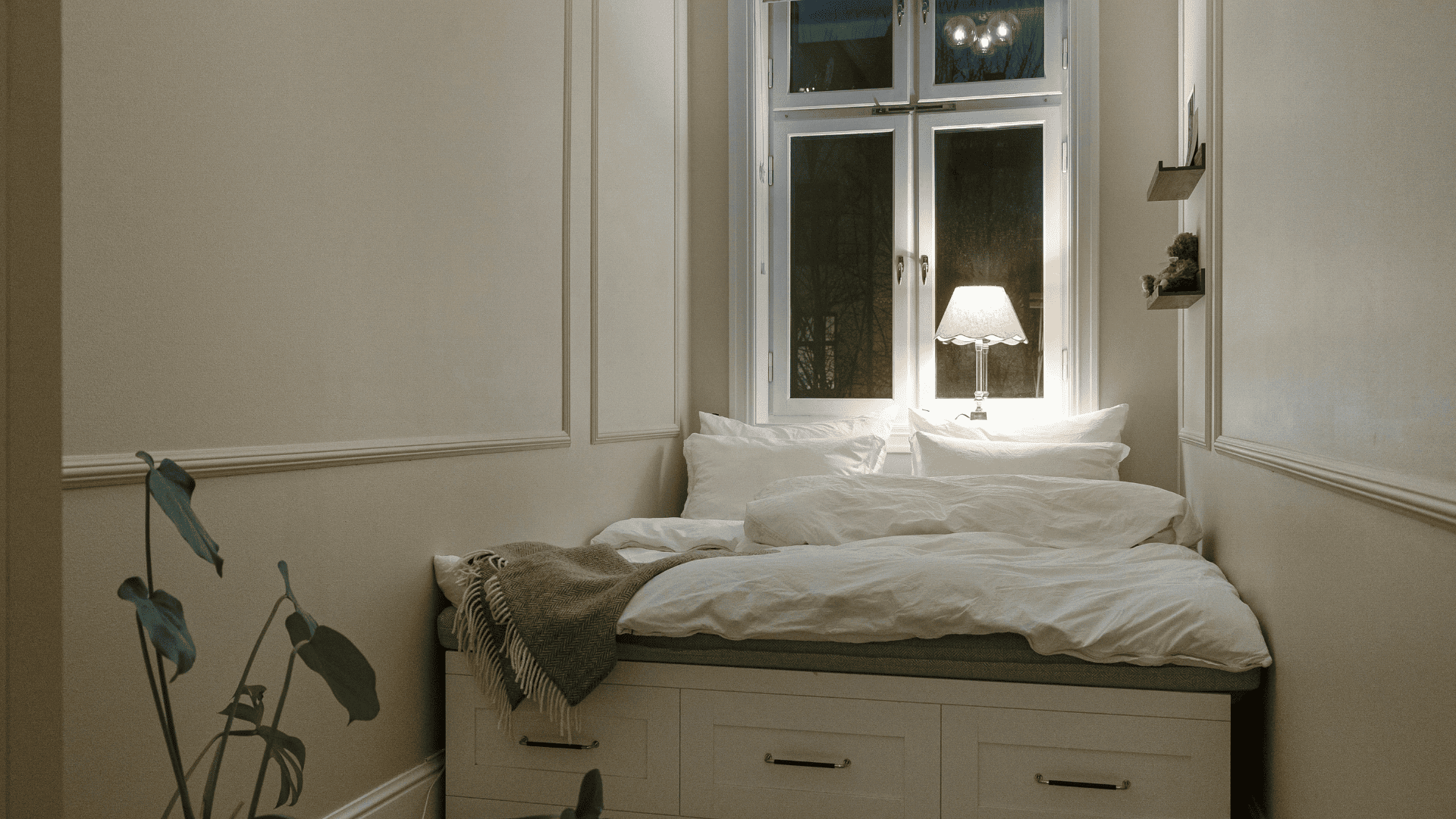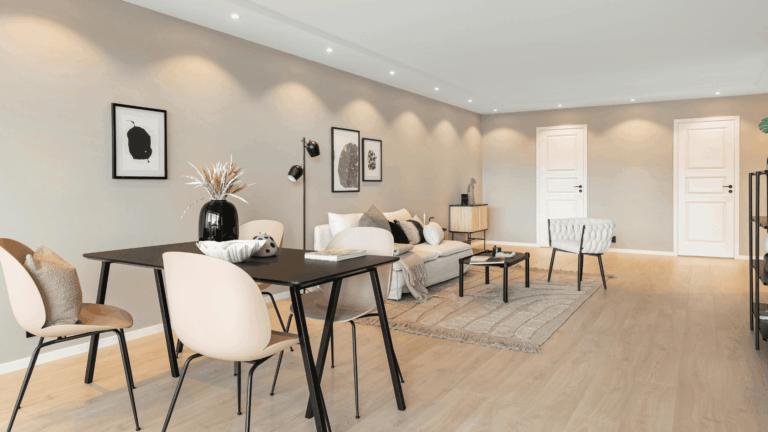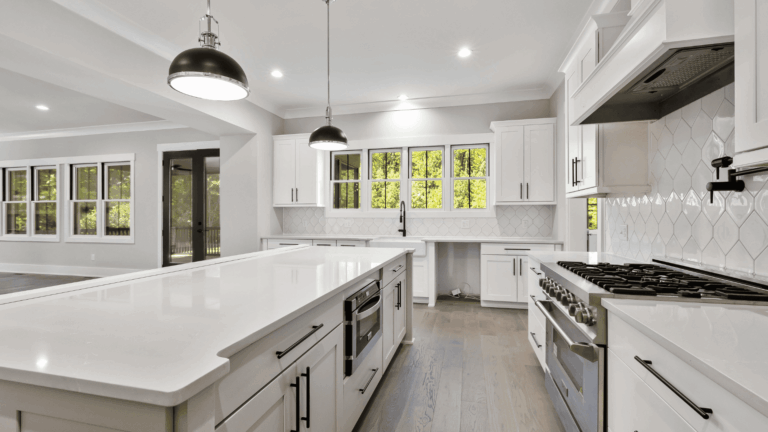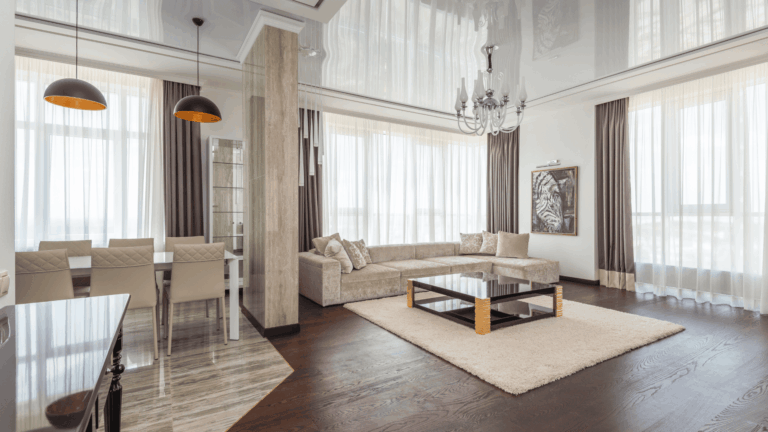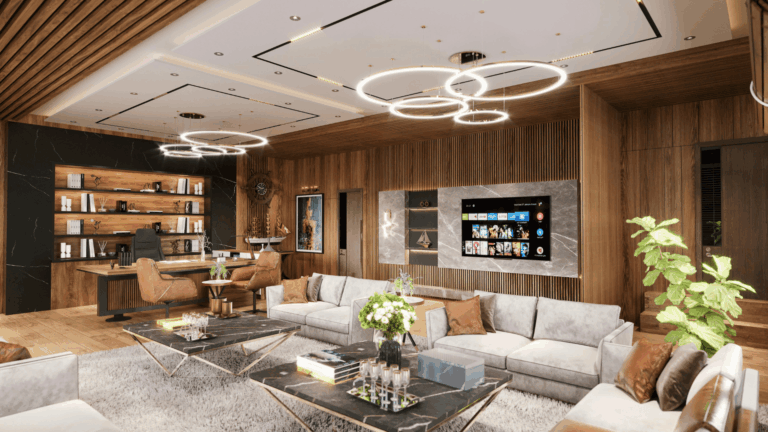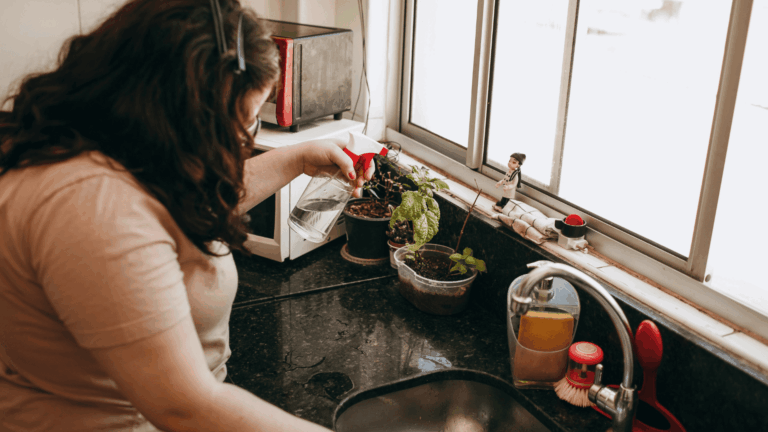25 Brilliant Tiny Home Decorating Ideas to Maximize Space & Style
Discover 25 brilliant tiny home decorating ideas to maximize space and style. Transform your small living area into a functional, beautiful retreat with expert tips.
Living in a tiny home comes with a unique set of challenges—and opportunities. While the square footage might be limited, your creativity doesn’t have to be. In fact, small spaces often inspire some of the most clever design solutions, turning constraints into features. In this guide, we’ll explore tiny home decorating ideas that combine function, style, and comfort, helping you create a space that feels spacious, inviting, and uniquely yours.
Understanding the Unique Challenges of Tiny Home Interiors
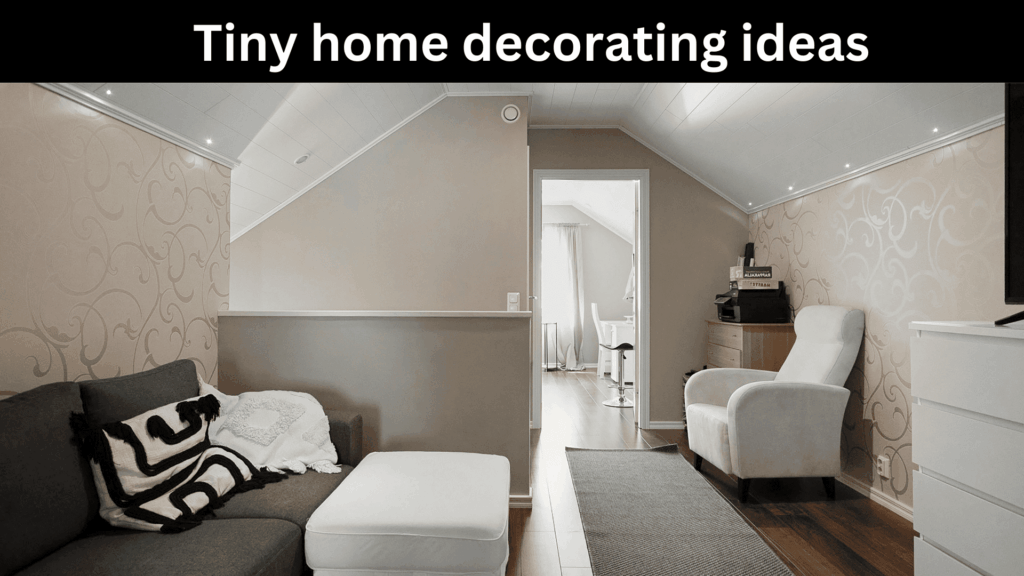
Space Limitations and Layout Restrictions
In tiny homes, every square inch counts. Hallways, open areas, and even corners must be planned for efficiency. A poor layout can make even a 300-square-foot home feel cramped, while a thoughtful one can make it feel surprisingly roomy.
Think about multi-use zones—a dining area that doubles as a workspace, or a sofa that transforms into a guest bed. Layout optimization isn’t just about saving space; it’s about making your home work harder for you.
Balancing Functionality with Aesthetics
While functionality often takes priority, aesthetics are essential for creating a space you actually want to live in. The best tiny home interiors blend practical furniture and storage with personal touches that reflect your style. Too much practicality without visual charm can feel sterile; too much decoration can feel cluttered.
Psychological Impact of Small Spaces
Small spaces can be cozy, but they can also feel confining if poorly designed. Colors, lighting, and organization all influence how “open” or “closed” a room feels. The goal is to make the space mentally expansive—light colors, natural light, and minimal clutter help reduce feelings of confinement.
Planning Your Tiny Home Makeover
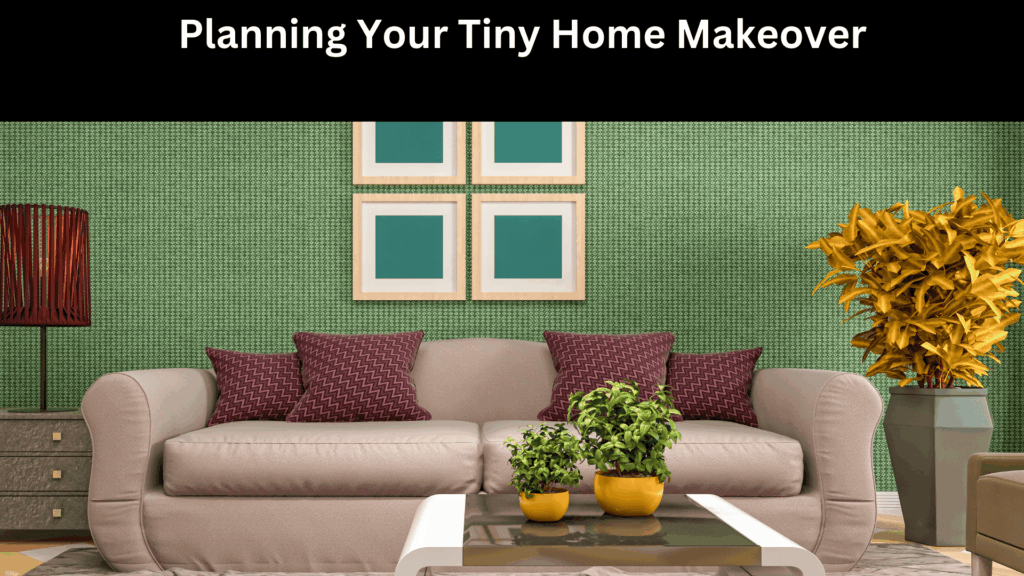
Assessing Your Current Space and Needs
Before you start decorating, take a close look at what’s working and what’s not. Make a list of must-have functions for your space—sleeping, cooking, entertaining—and note what’s missing.
Budgeting for High-Impact Changes
Budgeting isn’t just about what you can afford—it’s about what gives you the most value for your money. Often, a single investment (like a custom storage sofa) can have a far bigger impact than several smaller purchases.
Choosing a Consistent Design Theme
A consistent style throughout your tiny home creates visual flow, making it feel larger. Whether it’s modern minimalist, coastal charm, or rustic farmhouse, sticking to a theme helps unify the space.
Space-Saving Furniture Solutions
Convertible and Multi-Purpose Furniture
Furniture that serves more than one purpose is a tiny home essential. Examples include sofa beds, fold-out desks, and ottomans with hidden storage.
Foldable, Stackable, and Nesting Options
When you don’t need them, they disappear—foldable chairs, stackable stools, and nesting tables are perfect for small living areas.
Built-In Storage Units
Built-ins can be customized to fit odd spaces, making use of every available inch. Consider built-in benches with under-seat storage or wall-mounted fold-away beds.
Color Schemes That Enhance Small Spaces
Light and Neutral Tones
Pale colors reflect light and create a sense of openness. Whites, creams, and soft grays are timeless choices for small spaces.
Bold Accent Walls for Depth
Contrary to popular belief, dark or bold colors don’t always make a space feel smaller. Used strategically, they can add depth and interest.
Strategic Use of Dark Shades for Coziness
In areas where you want a cocoon-like feeling—like a reading nook—dark tones can work beautifully.
Clever Storage and Organization Strategies
Vertical Storage and Wall-Mounted Shelving
Go up, not out. Wall shelves, hanging baskets, and pegboards free up precious floor space.
Hidden Storage in Unexpected Places
Think under the stairs, behind cabinet doors, or even under the floorboards in raised areas.
Decluttering to Maximize Flow
Decluttering is the cheapest way to “add” space to your home. Keep only what you use and love.
Wall and Ceiling Design Ideas
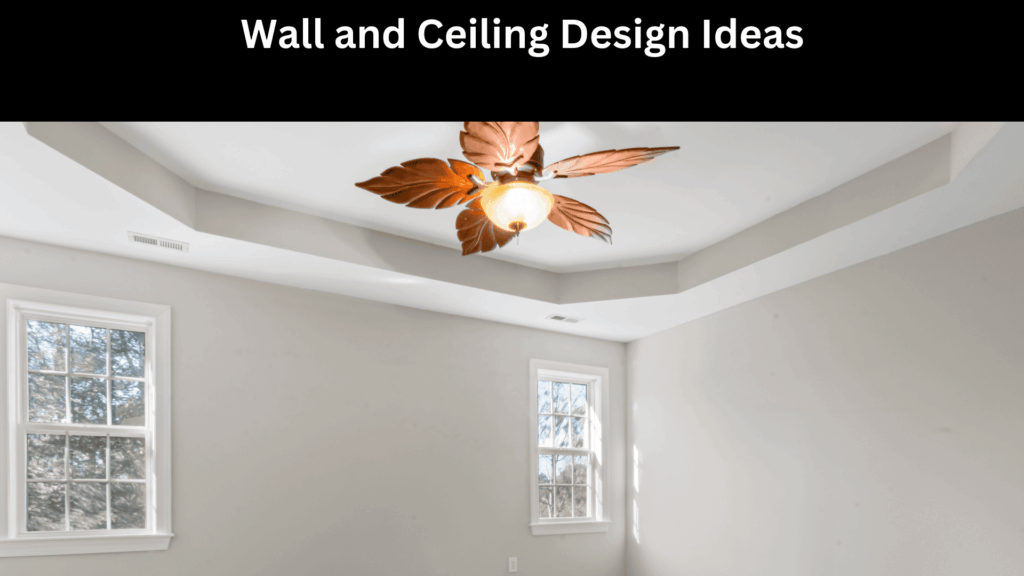
Using Mirrors to Create Illusion of Space
Mirrors reflect light and visually double your space—perfect for tiny homes.
Statement Lighting Fixtures
Don’t settle for boring lighting; unique fixtures can serve as both illumination and art.
Ceiling Beams and Textures for Character
Adding visual interest to the ceiling draws the eye upward, making a room feel taller.
Flooring Choices for Small Homes
Light Wood and Laminate Options
Light-toned flooring brightens interiors and helps create continuity between rooms.
Patterned Rugs to Define Spaces
Rugs can visually separate zones without the need for walls.
Seamless Flooring for Continuity
Using the same flooring throughout avoids visual breaks, making the home feel larger.
Maximizing Natural Light
Large Windows and Skylights
Whenever possible, bring in more daylight. Large windows or skylights instantly expand the feel of a space.
Light-Filtering Curtains
Sheer curtains allow privacy while letting in soft natural light.
Reflective Surfaces and Finishes
Glossy finishes bounce light around, amplifying brightness.
Tiny Kitchen Decorating Ideas
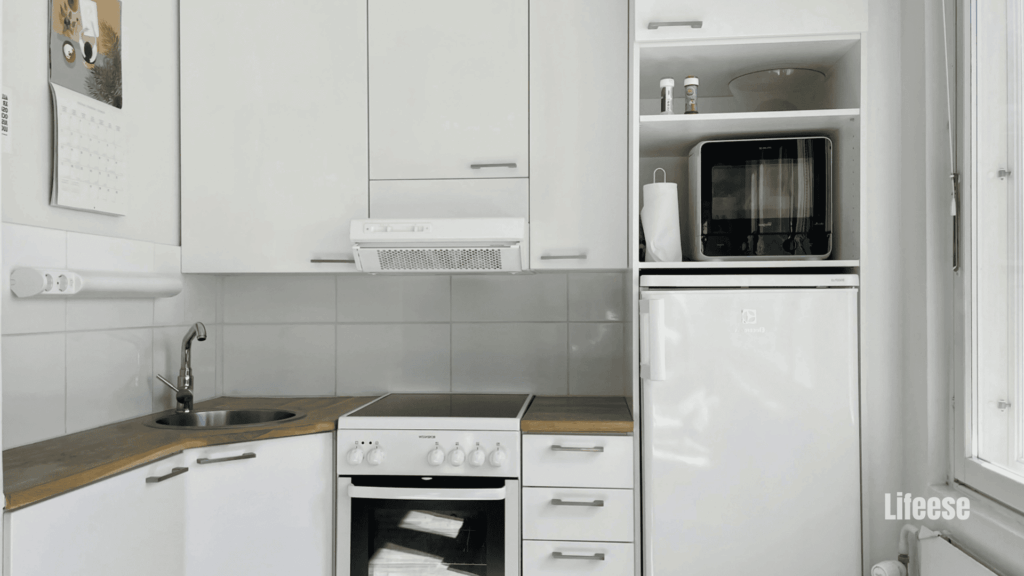
Open Shelving for Accessibility
Open shelves make a kitchen feel airy and keep essentials within reach.
Compact Appliances with Big Impact
Today’s market offers high-performance appliances scaled for tiny homes.
Magnetic Storage and Hanging Racks
Keep utensils off counters with wall-mounted racks and magnetic strips.
Small Bathroom Makeover Tips
Floating Vanities and Shelves
These create the illusion of more space by exposing more floor area.
Glass Shower Doors for Openness
Clear glass avoids visual barriers, making bathrooms feel less cramped.
Space-Efficient Fixtures
Look for compact sinks, corner toilets, and narrow bathtubs.
Bedroom Space Optimization
Loft Beds and Elevated Platforms
Raising the bed frees up valuable floor space for storage or a desk underneath.
Under-Bed Drawers and Pull-Out Storage
Perfect for storing seasonal clothes or extra bedding.
Minimalist Bedding and Decor
Less is more—keep patterns simple to avoid overwhelming the eye.
Outdoor Spaces for Tiny Homes
Extending Living Areas with Decks and Patios
Even a small deck can act as a second living room during good weather.
Vertical Gardens for Privacy
Living walls add greenery without taking up horizontal space.
Foldable Outdoor Furniture
Easy to store during off-seasons and perfect for multi-use patios.
Decor Accessories That Make a Big Impact
Textiles and Throws for Warmth
Layered fabrics add coziness without clutter.
Plants for Freshness and Air Quality
Small potted plants or hanging planters breathe life into any space.
Statement Art Pieces
One bold piece of art can replace a cluttered wall of smaller items.
Seasonal Decorating Tips for Tiny Homes
Light and Airy in Summer
Swap heavy fabrics for breezy materials and bright colors.
Cozy Layers for Winter
Introduce warm textures like wool and faux fur.
Festive but Minimal Holiday Decor
Focus on one or two standout pieces instead of overwhelming your space.
Sustainability in Tiny Home Decor
Eco-Friendly Materials and Finishes
Bamboo flooring, recycled glass countertops, and organic fabrics reduce environmental impact.
Upcycled and Repurposed Items
Old crates, ladders, and pallets can be transformed into stylish furniture.
Energy-Efficient Lighting and Appliances
LED lighting and Energy Star-rated appliances cut costs and consumption.
Common Mistakes to Avoid When Decorating a Tiny Home
Overcrowding with Furniture
Leave breathing room—don’t push every inch to capacity.
Ignoring Vertical Space
Wasted vertical space is a missed opportunity for storage and design.
Inconsistent Design Themes
Mixing too many styles can make a tiny home look chaotic.
Inspirational Case Studies of Tiny Home Interiors
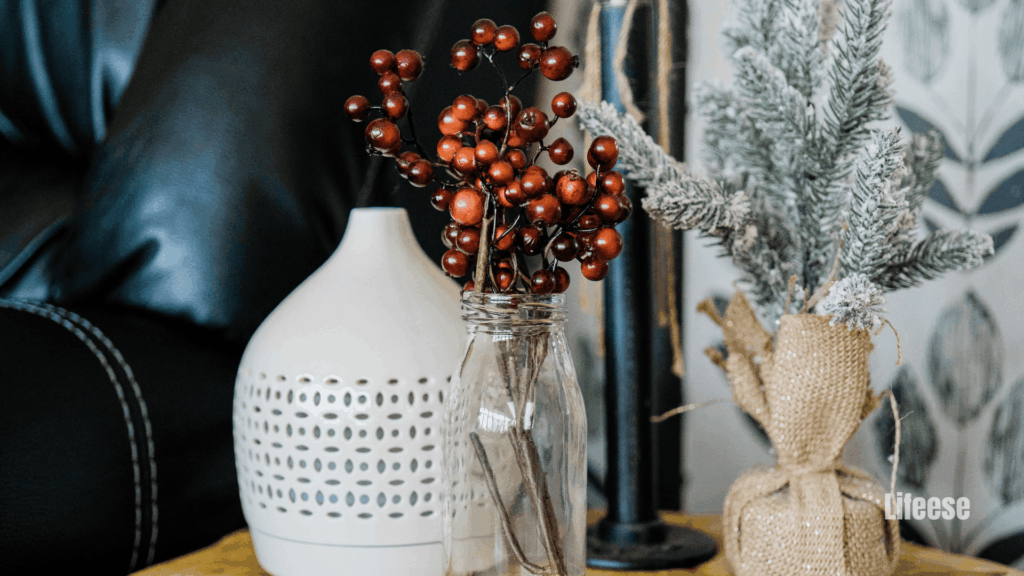
Minimalist Scandinavian Design
Clean lines, neutral tones, and natural wood create a calm, airy feel.
Rustic Farmhouse Tiny Home
Warm woods, vintage accents, and cozy textiles bring a homely charm.
Modern Industrial Tiny House
Metal accents, exposed brick, and streamlined furniture create an urban edge.
FAQs
How can I make my tiny home feel bigger?
Use light colors, large mirrors, and minimal clutter to open up the space.
What colors work best in small spaces?
Light neutrals, soft pastels, and occasional bold accents work well.
How do I maximize storage in a tiny home?
Opt for vertical storage, multi-purpose furniture, and hidden compartments.
What are the best furniture options for tiny homes?
Convertible furniture, nesting tables, and built-in storage pieces are ideal.
How do I keep my tiny home clutter-free?
Adopt a “one in, one out” policy for belongings and schedule regular decluttering.
Can I decorate seasonally in a tiny home without overcrowding it?
Yes—swap small accents like throw pillows, rugs, and wall art seasonally.
Conclusion
Final Thoughts on Designing a Functional and Stylish Tiny Home
Decorating a tiny home is about making every inch count—and making it beautiful while you’re at it. With clever planning, space-saving solutions, and a unified design vision, you can turn even the smallest home into a comfortable, stylish haven. The key is to embrace your home’s uniqueness, use design to your advantage, and never underestimate the power of small details.
